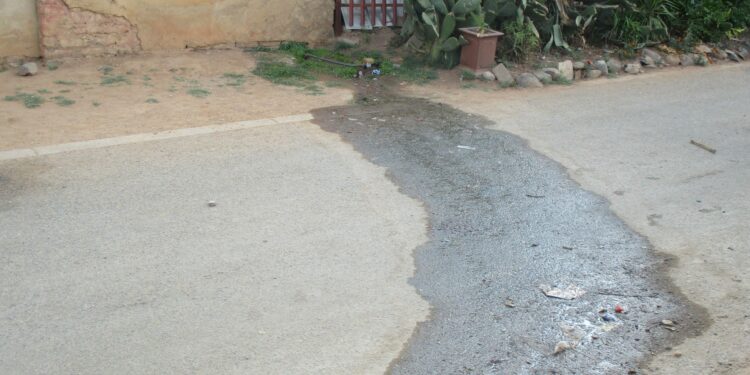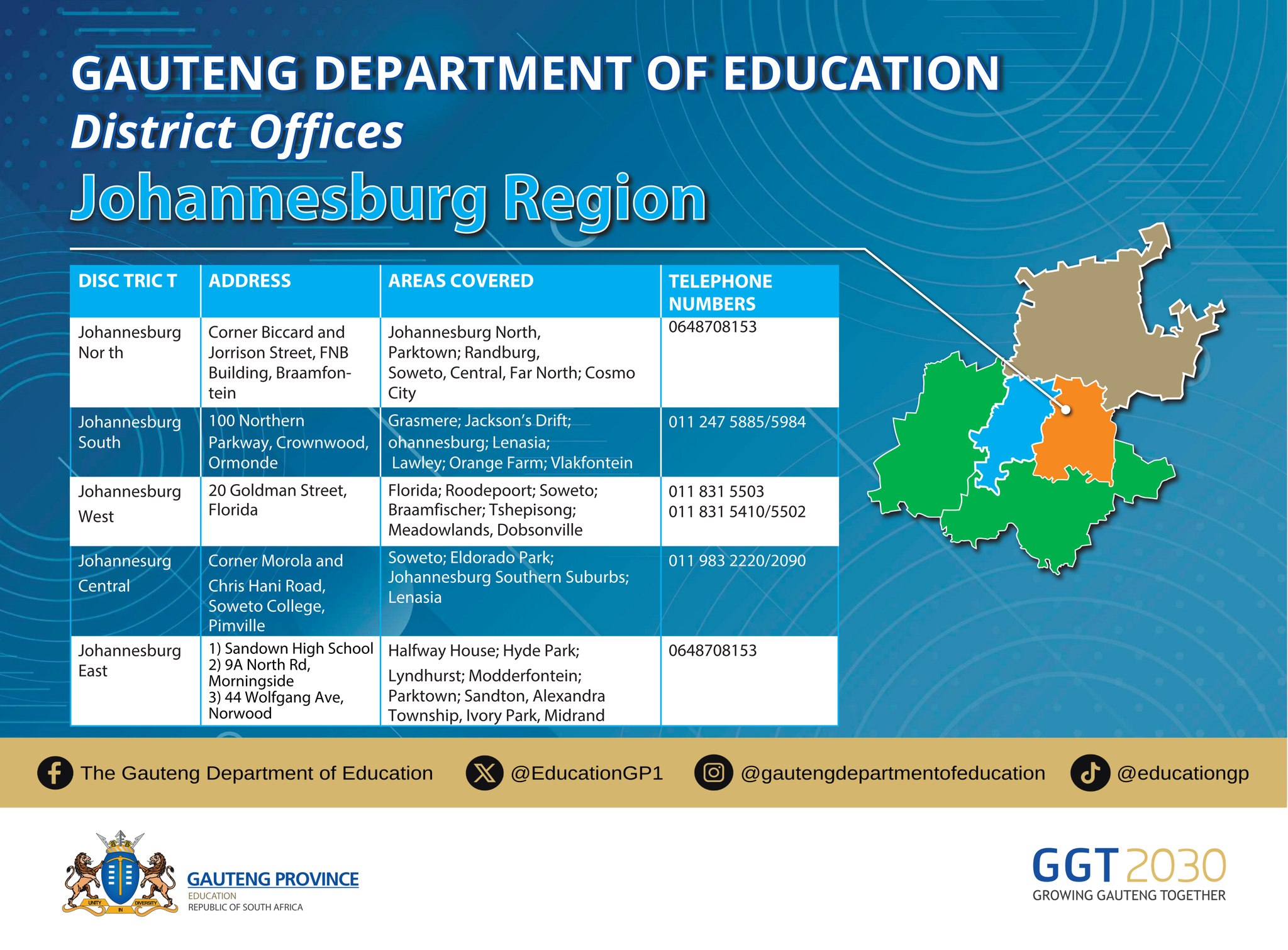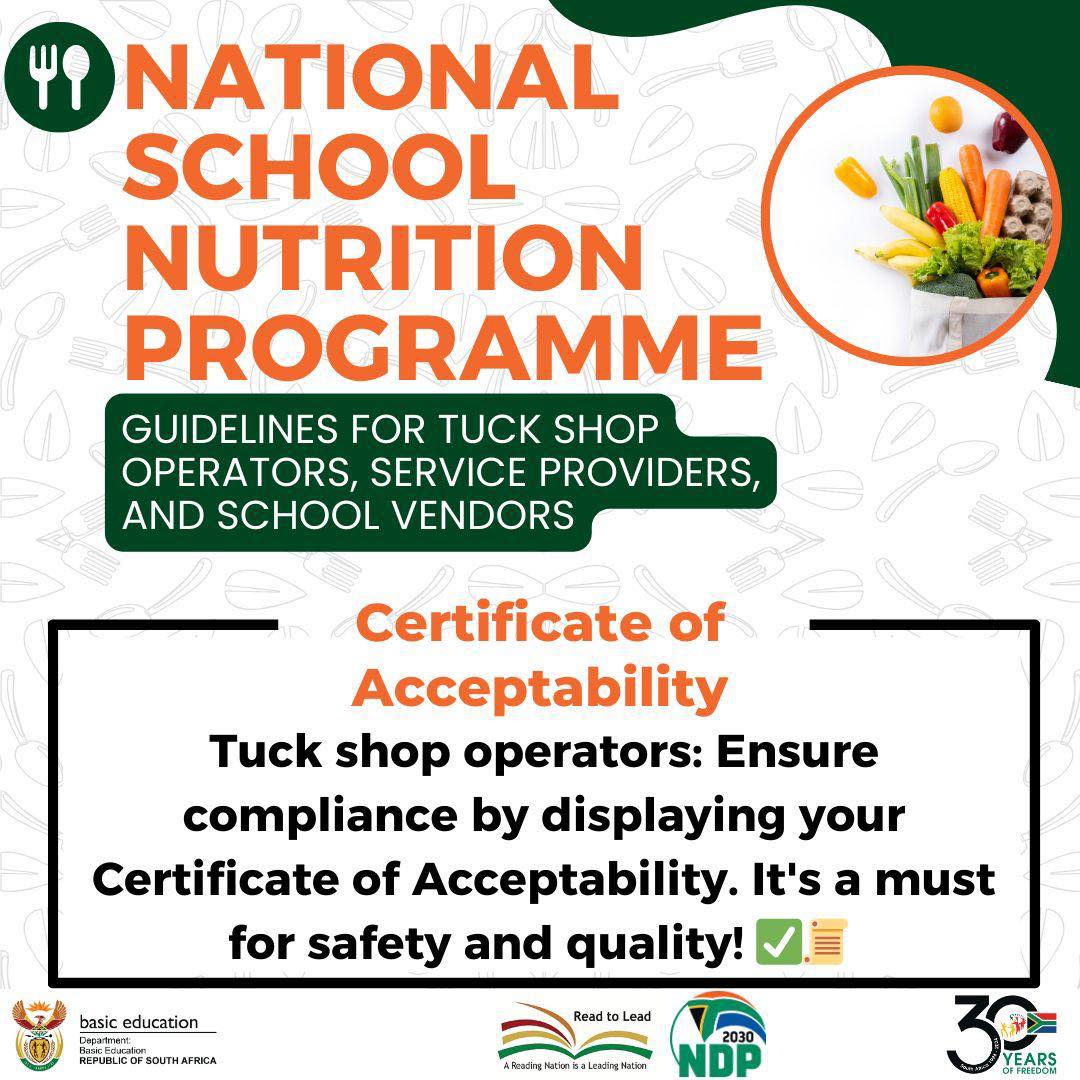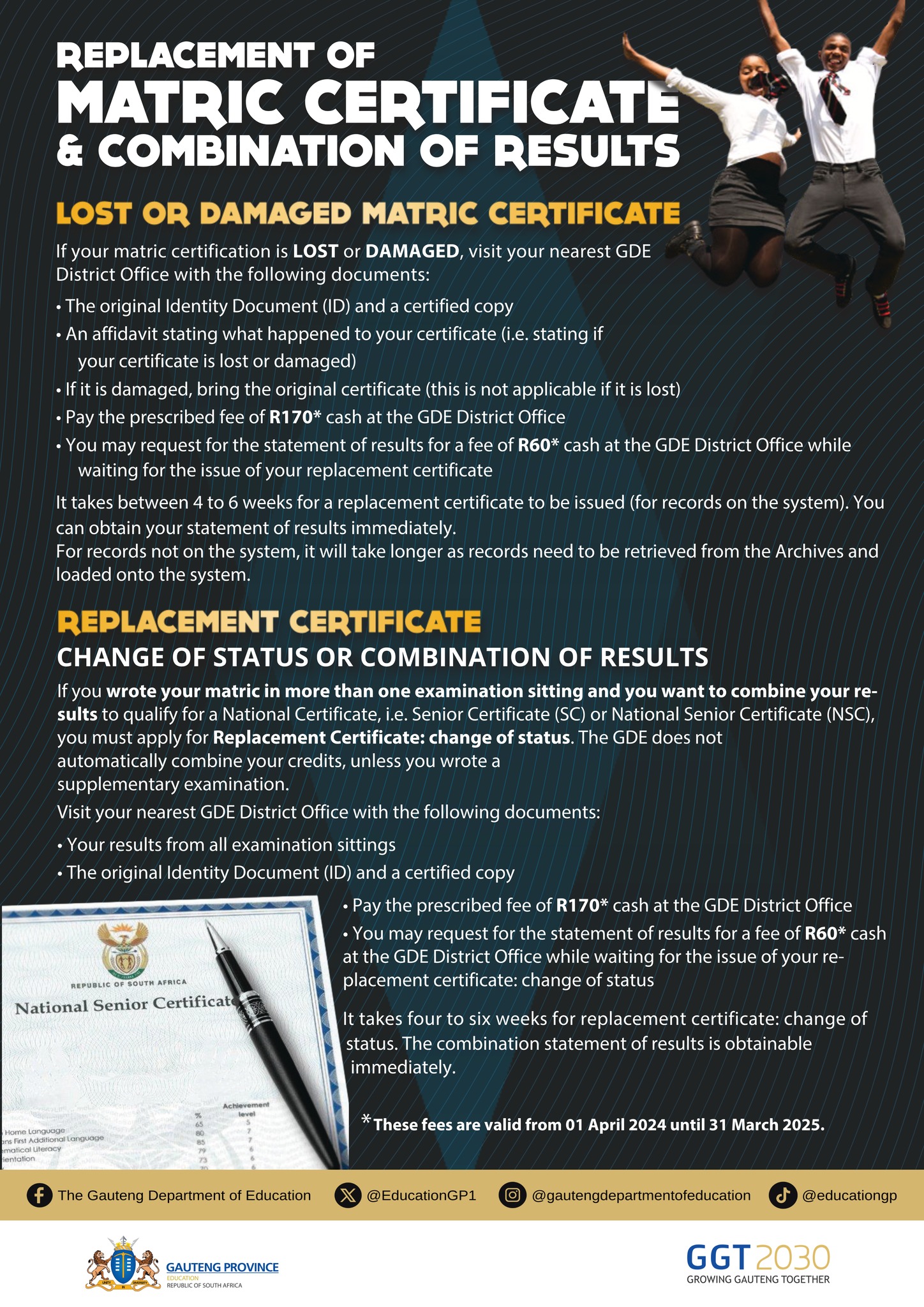By Mzukona Mantshontsho
Minister Senzo Mchunu continues to plead with the country to use water sparingly. If we all use water sparingly, there won’t be a need for water rationing.
We are experiencing high demand for water, but also experiencing less rainfall. We have to restrict our water usage.
To achieve water for all, let us prevent pollution in our rivers. Poor water supply, sanitation, and hygiene is one of the major causes of poverty, and thus numerous poor populations suffer a lot in our community. This has resulted in various water related diseases such as; Typhoid or E. Coli infection, cancer or even death.
In South Africa water scarcity is set to rise to 17% or more in 2030, therefore it is vital to secure our water resource to mitigate this effect. If this is not mitigated, we all know the consequences (e.g. Day-Zero in Cape Town and Gqeberha most recently, as a case study).
Though South Africa is a dry climatic region, many factors contribute to water scarcity is the “Water Use and Allocation Policy”. This policy was made during a time when agriculture was a lucrative business.
A sustainable solution towards ending poverty and developing communities can be achieved by complementing engineering solutions with finance, investment, and economic in the context of public-private partnership, and programme to educate communities regarding water and wastewater management.
Like in the energy sector, it is important that we create a conducive environment for foreign investors, and government should seriously consider spending a lot of money in water and wastewater infrastructure for it to look attractive.
Water conservation is more important than ever, with drought still keeping parts of the country in its grip. And while you and your family are probably already doing what you can to save water, there’s another major issue that needs to be addressed – water leakages.
According to figures released by the Department of Water Affairs, the country loses about a third of its water supply due to leaking taps and pipes.
So, what can you do to help fight the so-called war on leaks?
Firstly, don’t assume your local municipality is aware of a specific leak – report it anyway.
Here’s how:
Johannesburg
Website | www.johannesburgwater.co.za
Telephone | 0860 JOBURG (select option 3)
SMS Line | 082 653 2143
Tip-Offs Anonymous | 0800 002 587
Joburg Water | 011 688 1500
Email | customer@jwater.co.za
You can also log a fault on Joburg Water’s website or via Twitter.










